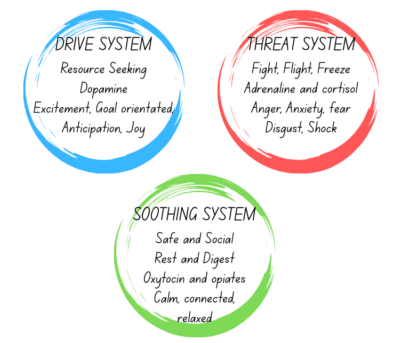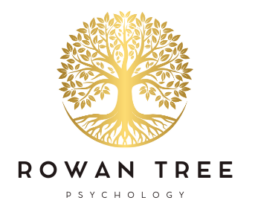Psychological support for Chronic Illness
Chronic illness refers to long term health conditions that generally don't have a known medical 'cure.' They're often invisible, which means other people fail to see the suffering, resulting in insensitive, hurtful comments such as 'you look well,' or 'are you better yet?' and a lack in broader social support. It can also block access to health care; many people with chronic illness report experiences of medical gas lighting, which only adds to the trauma and illness burden.
Having suffered chronic illness myself, I am passionate about supporting people with the emotional fall out of suffering from health conditions for long periods. This can mean working with the associated guilt and shame, processing grief, frustration, isolation, and a loss of identity. It can mean calming the nervous system, and finding meaning in a life that may look very different from life before illness.
You don't have to go through this alone.



